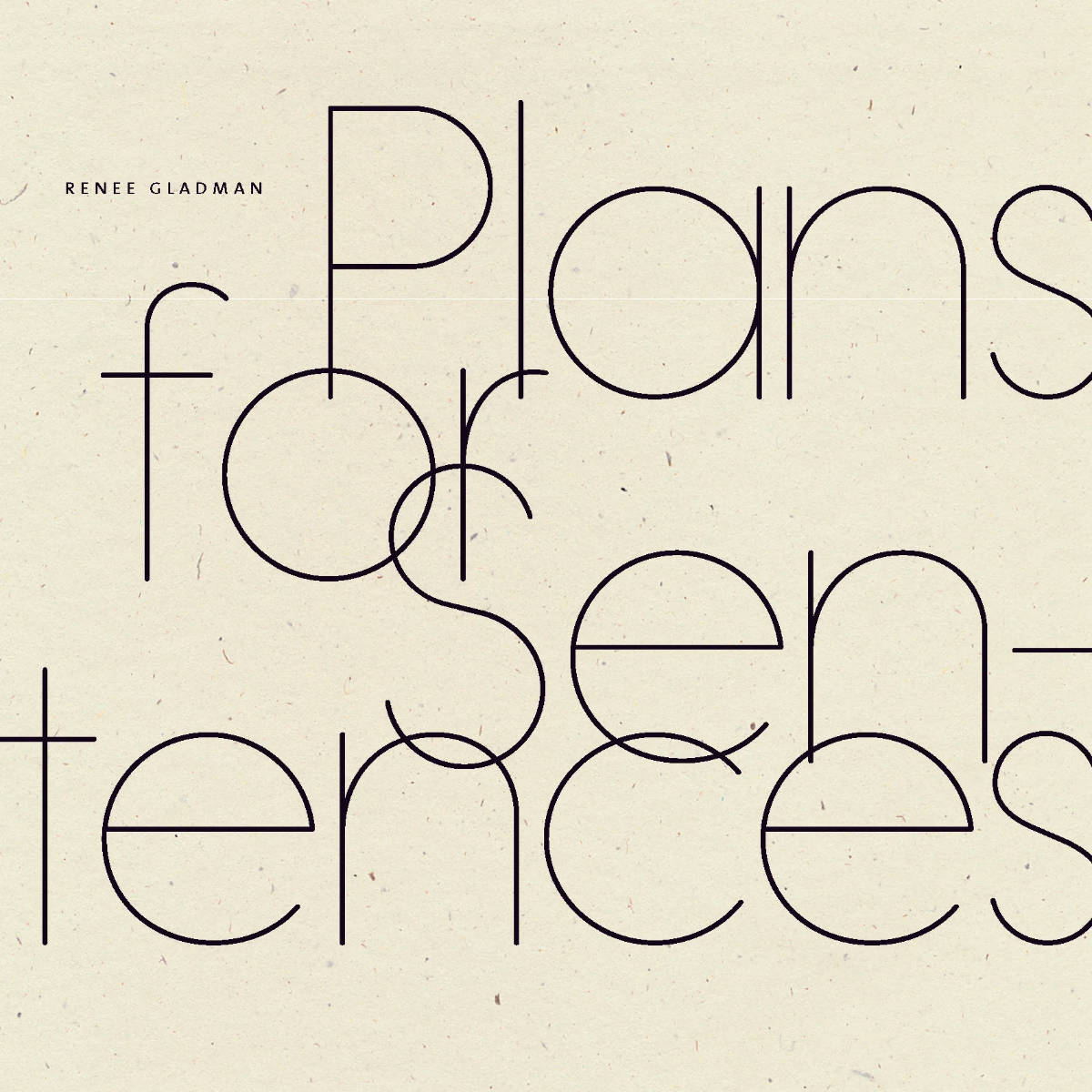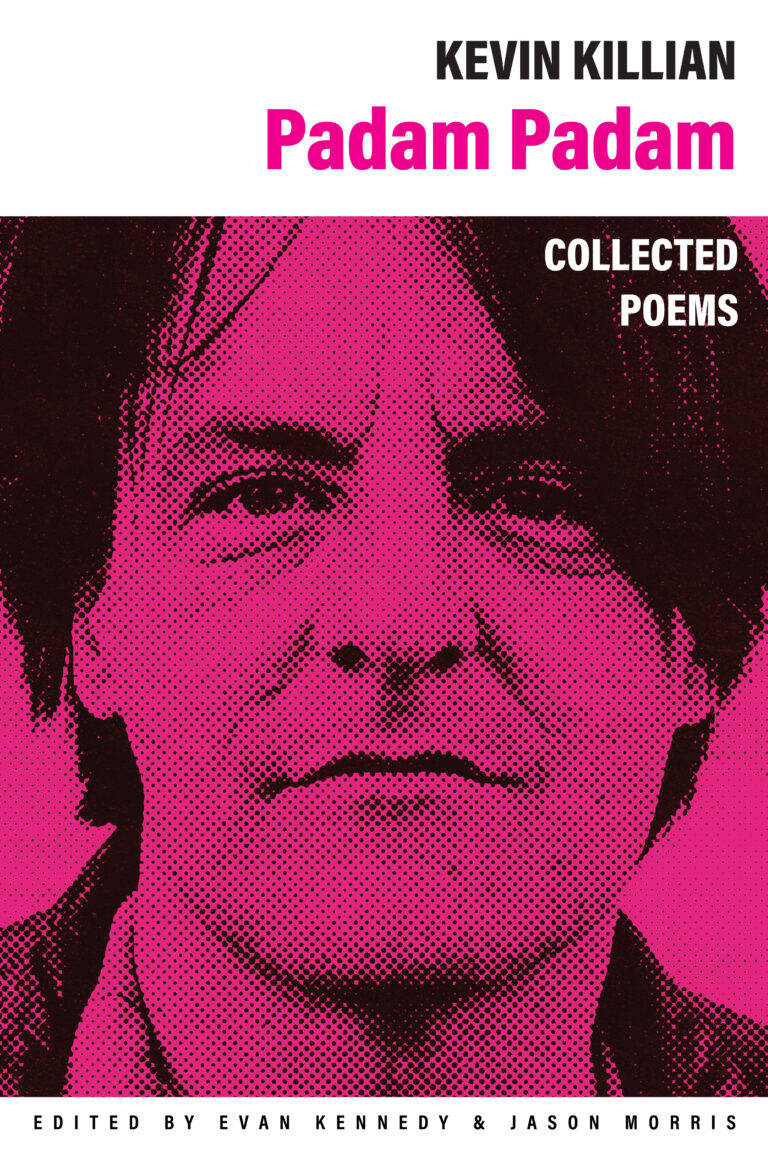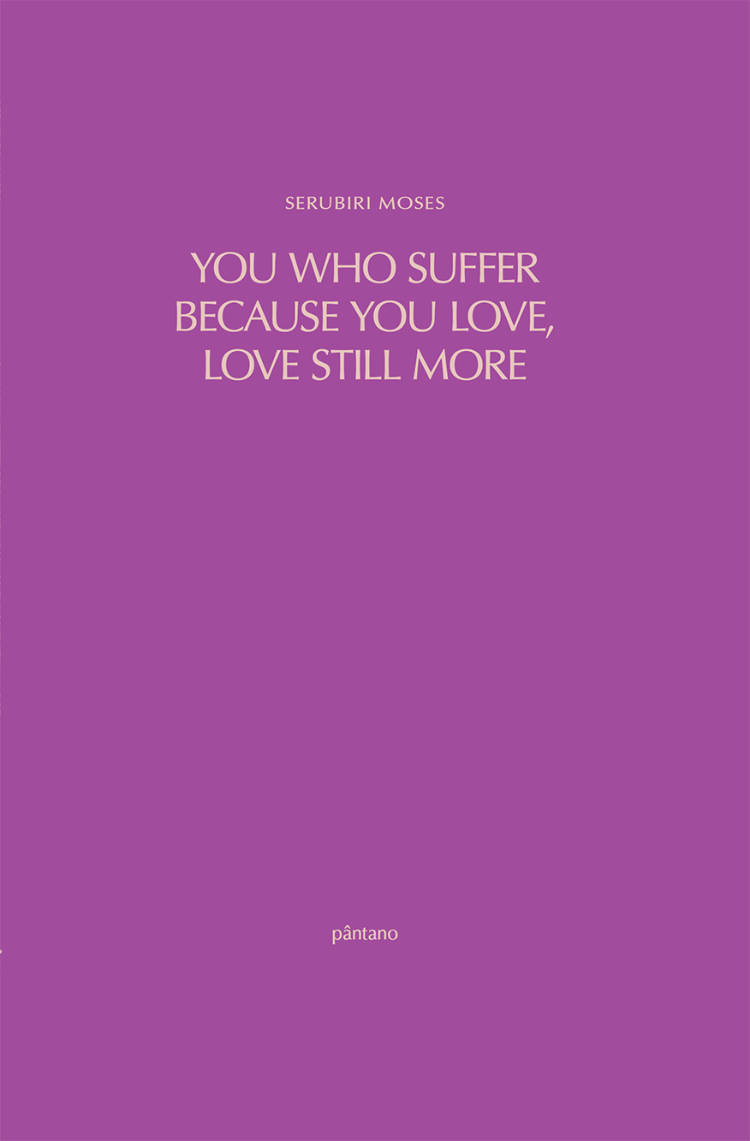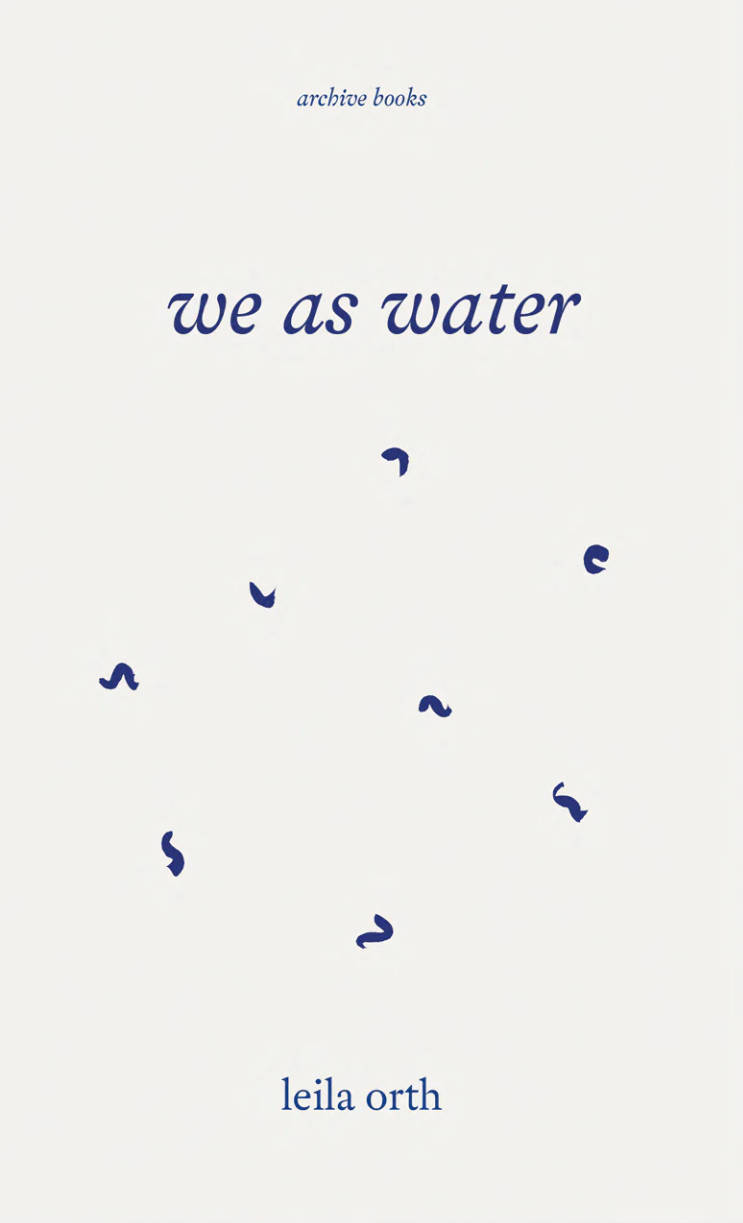
Ik hier jij daar
'In de poëzie kunnen twee verschillende werelden elkaar ontmoeten, door gedichten kunnen we zonder ID denkbeeldige grenzen overschrijden en in dezelfde denkbeeldige ruimte verblijven. Maar is die ruimte wel dezelfde? Kunnen we losbreken uit onze rollen van slachtoffer en medeplichtige? Kunnen gedichten ons leren ons te identificeren met ongevoelde pijn? Wat spreekt er uit onze ontmoeting op papier?' - Anne Vegter
'Een dichter moet egoïstisch zijn, moet een eenzame wolf zijn, maar soms ontmoeten eenzame wolven elkaar in de wouden en jagen ze samen. Twee dichters, één boek: niet noodzakelijkerwijs om iets nieuws te bouwen, maar om de muren af te breken die ons tegenhouden wanneer we naar de andere oever willen oversteken. De Steen van Rosetta, die ervoor zorgt dat we het ongelezene lezen.' - Ghayath Almadhoun
Ghayath Almadhoun (1979) werd geboren in het Palestijnse vluchtelingenkamp Yarmouk in Damascus als zoon van een Palestijnse vader en een Syrische moeder. Hij studeerde Arabische literatuur aan de Universiteit van Damascus en werkte als cultureel journalist. Sinds 2008 woont hij in Stockholm. In Nederland verscheen in 2014 zijn lovend besproken dichtbundel 'Weg van Damascus'. Anne Vegter woont en werkt in Rotterdam. Van haar hand verschenen onder andere de verhalenbundels 'Ongekuiste versies' en 'Harries hoofdingang' en de dichtbundels 'Aandelen en obligaties', 'Spamfighter' en 'Eiland berg gletsjer'. Haar werk werd meermaals bekroond. De afgelopen vier jaar was ze Dichter des Vaderlands. De gedichten van Ghayath Almadhoun zijn uit het Arabisch vertaald door Djûke Poppinga.
Language: Dutch





